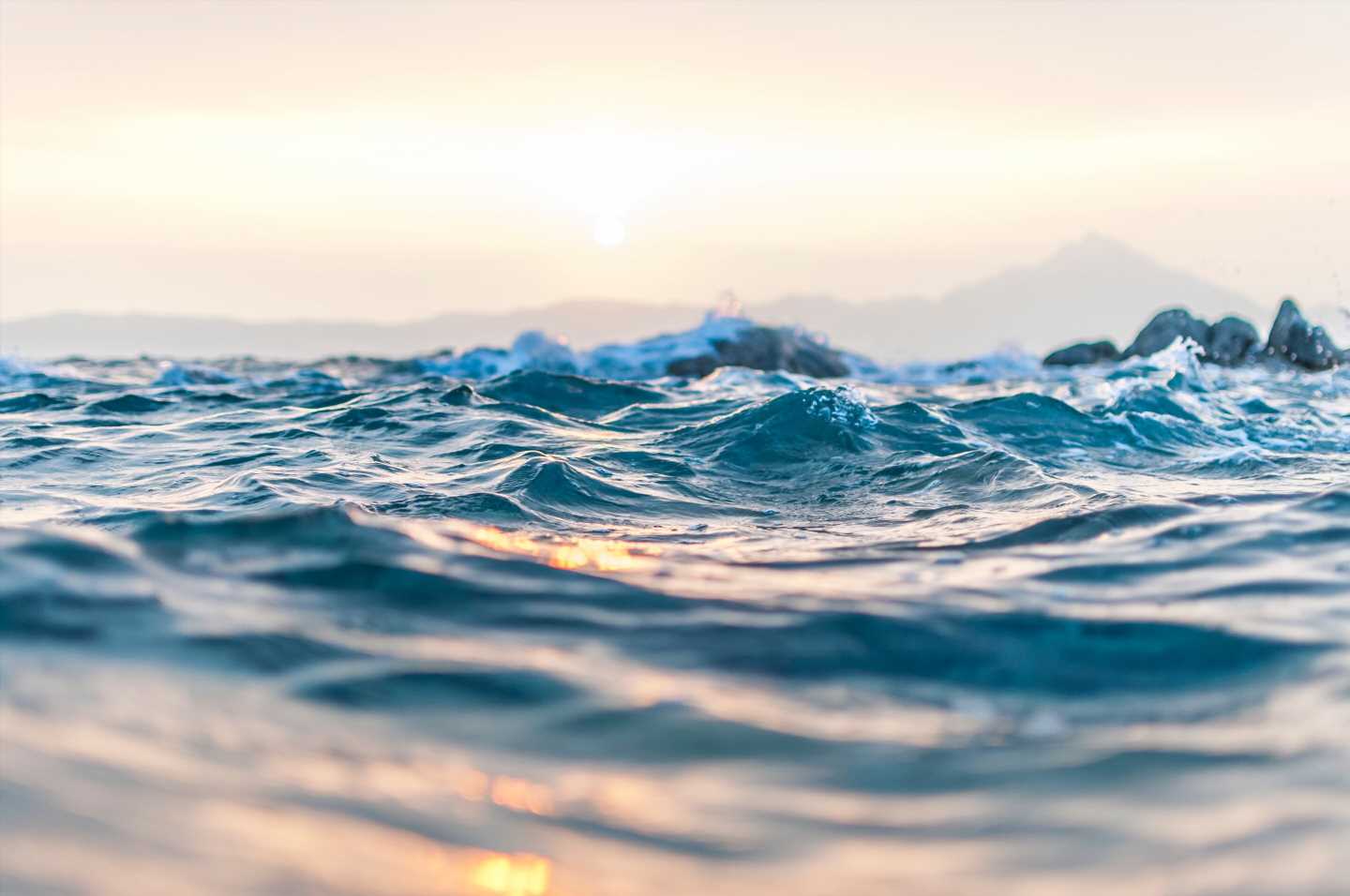

Researchers from universities and conservation groups across the globe have published new insights, based on evidence gathered from across the world, affirming that human health depends on thriving oceans.
“On this World Oceans Day, let us heed this urgent call to safeguard our oceans, recognizing that our health, well-being, and survival are inextricably linked with the health of the world’s oceans,” said Senior Research Fellow Dr. Aaron Jenkins of the University of Sydney and Edith Cowan University.
The Lancet commentary “Human Health Depends on Thriving Oceans” describes how crucial the world’s oceans are.
This includes their role in carbon storage, climate regulation, food provision, and even providing medicinal resources.
The new publication goes a step further, calling for urgent attention to address links between human health and oceans, emphasizing the necessity of a precautionary approach to maintain the ecosystem integrity of our oceans.
“Human Health Depends on Thriving Oceans is a short analysis of the intrinsic links between human health and ocean conservation,” Dr. Jenkins said.
“Oceans not only help control climate-related health risks, from severe weather injuries and food security issues to pollution-induced chronic diseases, but also contribute significantly to our enjoyment, recreation, and overall mental well-being.”
The authors, representing diverse global institutions including the University of Sydney, Edith Cowan University, University of the West Indies, Monash University, the European Centre for Environment and Human Health, and Wildlife Conservation Society, point out that human health risks linked to climate and ocean changes disproportionately affect low-income countries and small island states.
They stress that preserving ocean health equates to safeguarding economies, food security, and the well-being of these vulnerable communities.
Dr. Jenkins and the team of global experts have discussed the significance of the Draft Agreement on Biodiversity Beyond National Jurisdiction, finalized by the UN in March this year.
Also known as the Treaty of the High Seas, this landmark accord aims to manage biodiversity in areas beyond national jurisdiction and seeks to ensure fair access to, and distribution of, health benefits arising from novel discoveries in the high seas.
The authors praise the Draft Agreement’s inclusion of Indigenous people and local communities, which promotes active participation in creating strategies for the conservation of marine biodiversity in high seas.
“While the Draft Agreement is a significant step forward, we believe that its success depends on a combination of national, regional, and international action,” Dr. Jenkins explained.
“It also requires the involvement of stakeholders from diverse backgrounds, including health professionals, environmentalists, non-governmental organizations, governments, businesses, Indigenous people, and local communities.”
More information:
Aaron P Jenkins et al, Human health depends on thriving oceans, The Lancet (2023). DOI: 10.1016/S0140-6736(23)01162-5
Journal information:
The Lancet
Source: Read Full Article